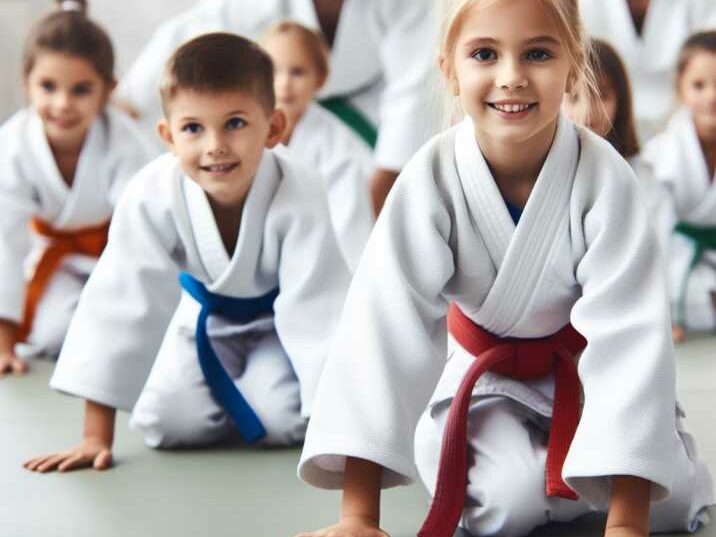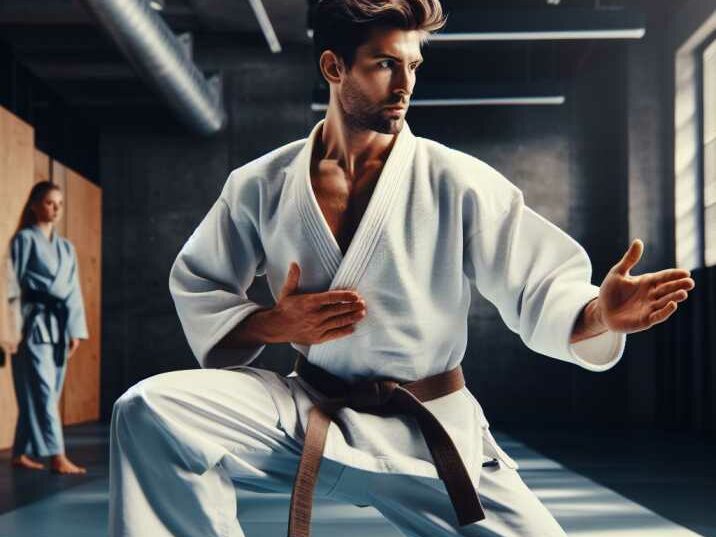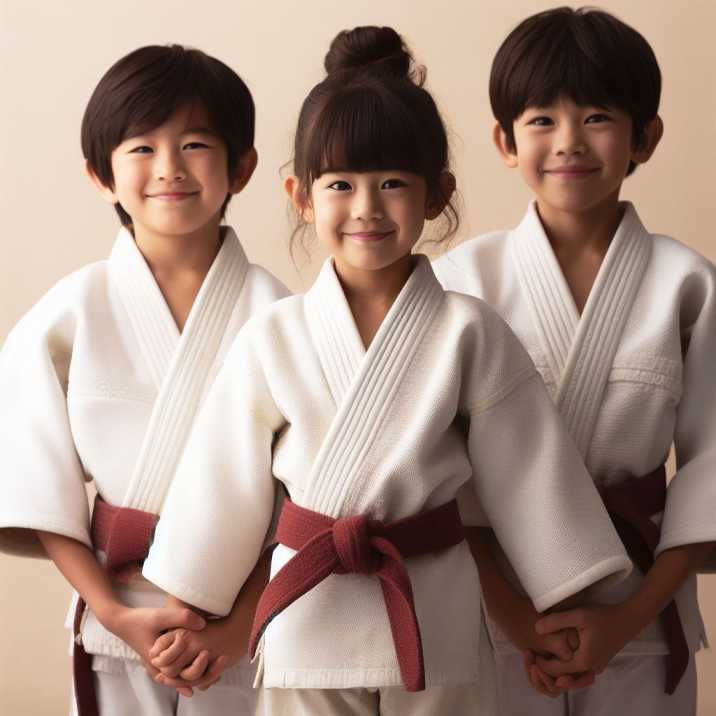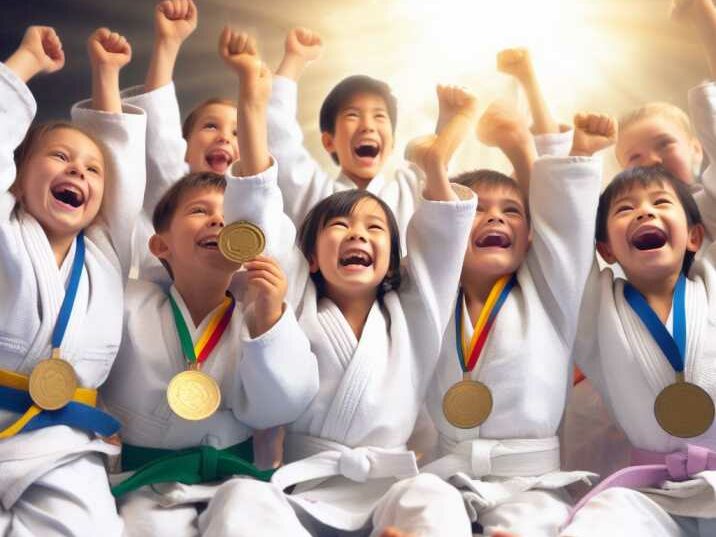introduction
Table of Contents
Judo, the ancient Japanese martial art, offers a unique blend of physical activity, discipline, and mental development. As parents seek avenues for their children’s holistic growth, many wonder, “How old can kids start judo?” In this comprehensive guide, we delve into the optimal age for introducing children to judo, exploring the benefits, considerations, and frequently asked questions.

The Ideal Age to Begin Judo
Understanding Physical and Cognitive Development
Judo involves a combination of physical movements, discipline, and respect. The ideal age for a child to start judo typically ranges from 6 to 8 years old. At this stage, children have developed the necessary motor skills and cognitive abilities to grasp the fundamental principles of judo.

Benefits of Starting Early
1. Physical Fitness:
Introducing judo at a young age contributes to the development of agility, balance, and coordination. The dynamic nature of judo training enhances cardiovascular health and overall physical fitness.
2. Discipline and Focus:
Judo instills discipline and focus in young minds. Through structured training, children learn to respect their instructors, follow instructions, and maintain concentration—a valuable skill that transcends the dojo.

3. Social Skills:
Participation in judo fosters a sense of camaraderie and teamwork. Children learn to interact with peers, communicate effectively, and build social skills that extend beyond the martial arts setting.
Considerations Before Starting Judo
1. Physical Readiness:
While the recommended age provides a guideline, individual readiness varies. Ensure your child exhibits basic motor skills and expresses interest in physical activities.
2. Emotional Readiness:
Judo involves discipline and controlled aggression. Assess your child’s emotional readiness to follow instructions, accept constructive criticism, and interact positively with peers.
3. Health Considerations:
Consult with a pediatrician to confirm your child’s physical health. Judo places demands on the body, and it’s crucial to ensure your child is medically fit for the activity.
Conclusion
In the journey of answering the question, “How old can kids start judo?” it becomes clear that the optimal age is a guideline, not a rigid rule. Assess your child’s physical and emotional readiness, consult with professionals, and consider the benefits of early judo engagement.
Introducing judo at a young age provides a foundation for physical fitness, discipline, and social skills that extend beyond the dojo. As parents, fostering a holistic approach to your child’s development involves balancing readiness, interest, and the myriad benefits that judo can offer.
In the realm of martial arts, judo stands as a powerful tool for shaping young minds, instilling values that last a lifetime. So, whether your child dons a gi at 6 or 8, the journey into the world of judo promises growth, camaraderie, and a path toward physical and mental resilience.

FAQs: Answering Your Queries
- Q: How old should my child be to start judo? A: The ideal age range is 6 to 8 years old, but individual readiness is key.
- Q: What are the benefits of starting judo early? A: Early judo participation promotes physical fitness, discipline, focus, and social skills.
- Q: How can I assess my child’s readiness for judo? A: Consider motor skills, emotional maturity, and consult a pediatrician for health clearance.
- Q: Is judo safe for young children? A: Judo is generally safe, but ensure proper supervision and adhere to safety guidelines.
- Q: Will my child need special equipment for judo? A: Basic judo attire includes a gi (uniform) and a belt. Your dojo will provide specific requirements.
- Q: Can judo help with my child’s self-esteem? A: Yes, judo promotes confidence and self-esteem through achievement and positive social interaction.
- Q: What if my child loses interest in judo after starting? A: Encourage open communication with your child and consider exploring other activities that align with their interests.


